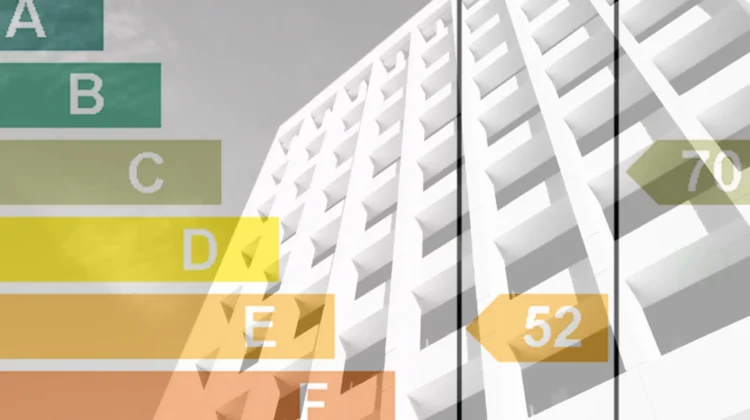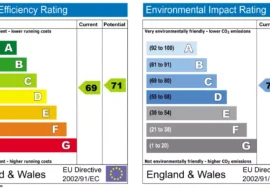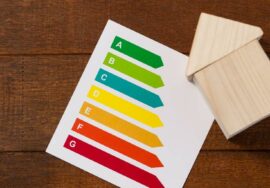
How long does an Energy Performance Certificate (EPC) last?
Energy Performance Certificates (EPC) are now required for any property that is built, sold, or rented. Many buyers and landlords have worries regarding EPC because it is only necessary after April 2020. We attempt to offer straightforward answers to the question, “How long does an EPC last as well as other well-known online searches. Use this source to stay informed, whether you’re leasing or selling.
Two often asked queries are,
‘What is an Energy Performance Certificate? and for how long will it remain valid?
What exactly is an EPC?
An EPC assesses a property’s energy performance. It is divided into seven categories: A-G. The letter “A” symbolizes the most energy efficient property, while the letter “G” represents the least energy efficient property It must be carried out by a trained Domestic Energy Assessor. It will also demonstrate a building’s environmental effect by displaying carbon dioxide emissions. The assessor considers a variety of parameters, including wall, floor, and roof insulation, as well as boiler performance. It also considers the type of light bulbs used. All EPCs may be located on the national register, which can be accessed here.
How Often Should an EPC Be Performed?
The frequency with which you must have an EPC performed depends on whether you own, are selling, purchasing, or renting the property. If you are renting or buying a home, the landlord or seller is responsible for arranging the EPC; nonetheless, it is critical that you read and understand the certificate supplied.
How Long Will an EPC Certificate Be Valid?
EPCs were originally established in England and Wales in 2007, so if you haven’t had your home assessed by an energy assessor since then and are selling or renting it out, you may need to acquire a new one. To check, utilize the EPC register. You may also obtain a fresh EPC for your house at any time if you have made energy-efficient modifications such as installing insulation, double glazing, or upgrading the electrical system and want to see if the overall rating has improved before selling or renting out your property.
A valid EPC can last for a period of 10 years and is able to be used for multiple leases during that time. This is only available in the event that the rating is not F or G. This is because as of 1 April 2018, all properties require a minimum of E-rated A and higher. A new EPC is required for rental properties when the expiration date of an existing certificate to ensure an active EPC for all times.
Why should you upgrade your EPC?
An EPC gives you information about the energy efficiency estimate of your home, and is assessed by an alphabetical scale of A to G. It can be a valuable selling factor for your property, particularly if you’ve recently renovated specific areas of your house (e.g. loft insulation, boilers etc.) to cut down on energy consumption and gas usage habits.
If your house is classified as having a G rating, that means that there is almost no insulation and the windows will likely be single-glazed. Heating your home is likely accomplished by coal-fired heating or electric power, or maybe oil. This could indicate an old-fashioned home that has numerous cold spots and one that is expensive and difficult to maintain.
On the other side in the range, a house that is rated A is an energy efficient house, fitted with electricity-generating capabilities (such as wind turbines or solar panels). Additionally, it could have the ability to heat biomass (such for example, a wood burning) and hot water that is produced by solar thermal systems too. This means it is much less expensive to operate.
If you’ve made modifications to your house that resulted in significant improvements in the energy efficiency (e.g. i.e. upgrading the insulation, windows, or heating system – you might want to update your EPC to reflect the changes. It’s a great advantage if you’re considering selling your home – and, as we’ll be discussing this, it’s absolutely necessary for landlords.



